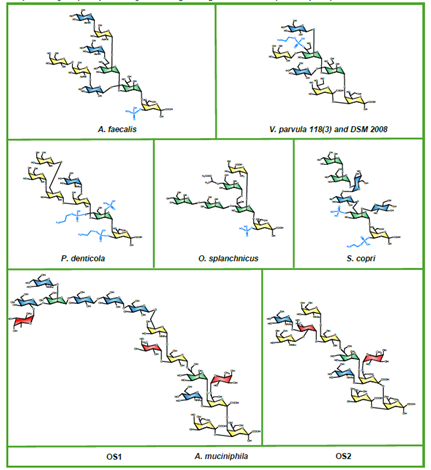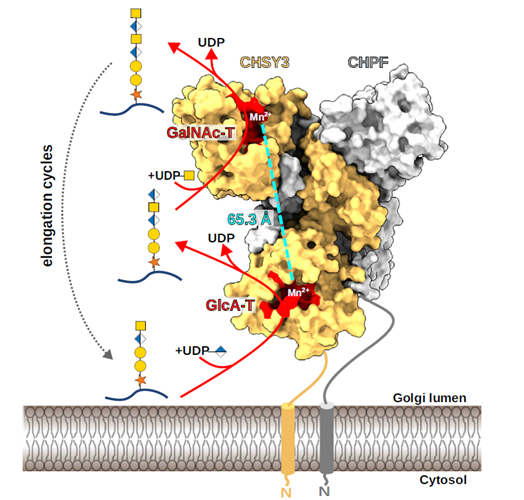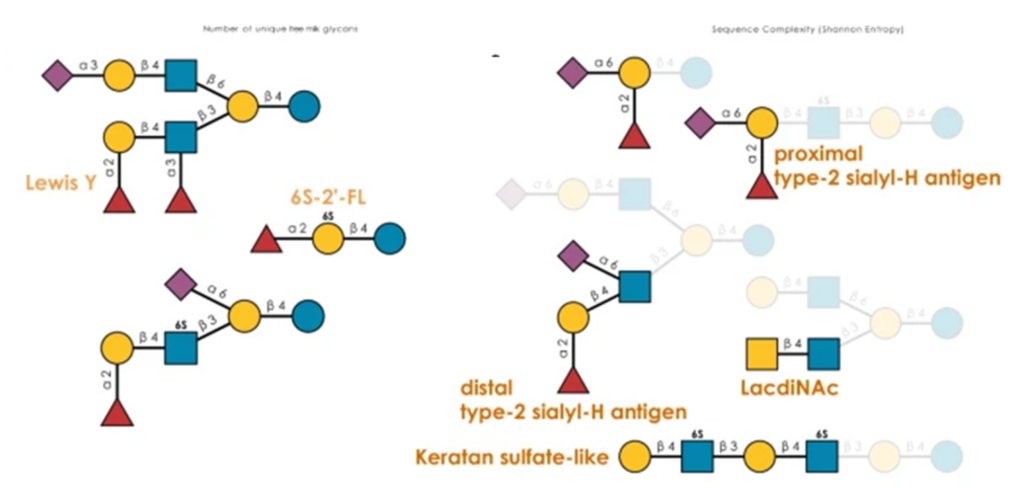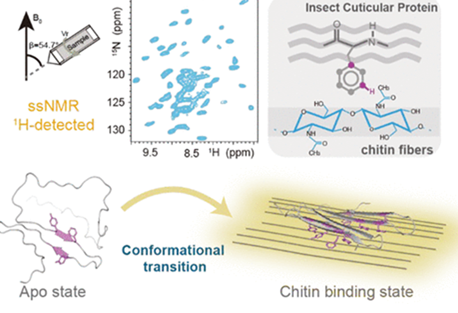The International Molecular Exchange (IMEx) Consortium provides scientists with a single body of experimentally verified protein interactions curated in rich contextual detail to an internationally agreed standard. In this update to the IMEx Consortium work, the authors discuss how this initiative has been working in practice, how it has ensured database sustainability, and how it meets emerging annotation challenges by introducing new interactor types and data formats. Additionally, several examples illustrate how IMEx data are being used by biomedical researchers and integrated with other bioinformatics tools and resources.




